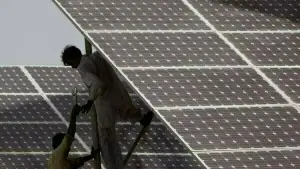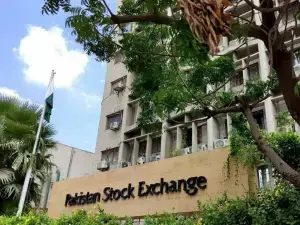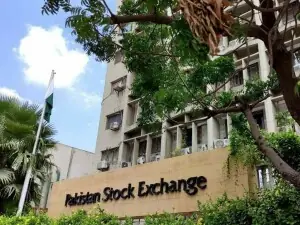June 14 is celebrated as ‘World Blood Donor Day’ to raise awareness about the importance of maintaining a regular and safe blood supply.
The theme selected by the World Health Organization this year was ‘Give blood, give plasma, share life, share often’.
It focuses on the important role of every person in giving the valuable gift of blood or plasma to ensure that blood and blood products are available for patients in a timely manner.
It presents an opportunity to highlight the need to raise awareness about the benefits of blood donation on individuals and the society.
One of the challenges is to address the gender gap related to participation of women in blood donation.
In addition to addressing barriers like fear and lack of knowledge about the process, many women who are willing to donate blood are ineligible due to low haemoglobin levels and because of less than optimum weight.
The minimum weight of donors should be 50 kg for a standard blood donation and necessary blood volume calculation should be made for donors weighing less than 50 kg. Haemoglobin level should be at least 12.5 g/dl. Having iron rich foods can help people to maintain healthy haemoglobin levels but it is best to consult with a doctor for identifying any underlying conditions leading to low haemoglobin levels.
If you are in good health and your age is between 18 and 60 then you should consider donating blood.
It is important that you are also aware of conditions when you cannot donate blood.
For example, if you have bleeding abnormalities, diabetes (requiring insulin therapy), epilepsy, convulsions or fainting spells, a prior positive test result for hepatitis B or C (HBsAg, hepatitis B core antibody, anti-HCV), or for HIV/AIDS , any heart disease/hypertension, leprosy/tuberculosis, any history of intravenous (IV) drug use or syphilis, gonorrhoea or other sexually transmitted disease in the past twelve months, then you cannot give blood.
You can become a regular blood donor and save many lives. Each bag of donated blood can save at least 3 lives.
The body does not take long to replace blood. The volume of fluids will adjust within a few hours of your donation.
The red blood cells will be replaced within a few weeks and after 8 weeks, you will be eligible to donate blood again. For plasma donation, a machine will separate plasma from red blood cells, which will be collected in a bag and red blood cells will be returned to your vein.
Patients suffering from a number of different diseases require blood transfusions including cancer. Cancer patients often require blood or blood products during the course of their treatment. At ShaukatKhanum Memorial Cancer Hospital and Research Centre in Lahore and in Peshawar, nearly 65 bags of blood and blood components are required every day. Donating blood at hospitals with international safety protocols in place is safe. ShaukatKhanum Hospitals are accredited by the Joint Commission International and have five layers of safety protocols in place to ensure the blood donation process is safe.
Before donation, you will be screened for eligibility and your blood will also be tested for a range of diseases such as malaria, hepatitis, syphilis and HIV to ensure patient safety.
This may help in identifying unknown health issues, which could be the first step towards seeking treatment. In addition to benefit for blood donors, remember, you will be saving lives and there is no substitute for a healthy donor’s blood.
There are many patients battling life-threatening illnesses who need blood every day and you do not need to know them to be able to save their lives—simply give your blood to institutions that need blood. This World Blood Donor Day, commit to ‘Give blood, give plasma, share life, share often’.
The article does not necessarily reflect the opinion of Business Recorder or its owners
The writer is consultant pathologist at Shaukat Khanum Memorial Cancer Hospital and Research Centre (SKMCH&RC)























Comments
Comments are closed.